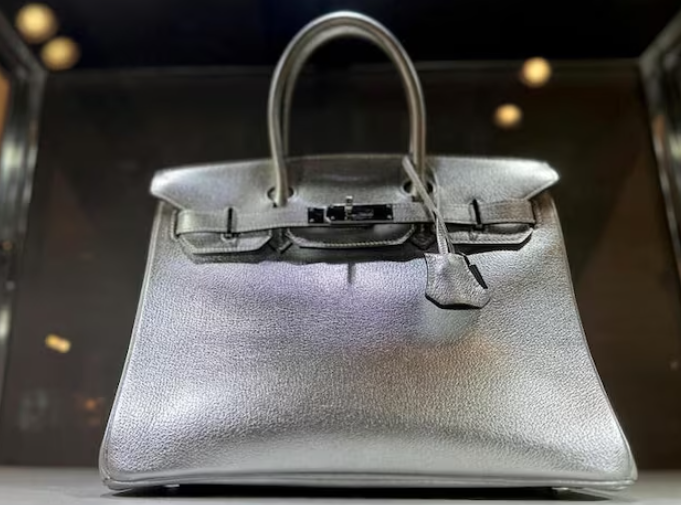U.S. consumers suing French luxury house Hermès have once again revised their lawsuit, aiming to convince a skeptical judge that the company forces buyers to spend thousands of dollars on other products before they can purchase one of its famed Birkin bags. The three California plaintiffs filed their third complaint on Friday, adding more allegations and details after Hermès requested the federal court in San Francisco to dismiss the closely watched case.
The lawsuit continues to claim that Hermès only allows customers with “sufficient purchase history” the opportunity to buy a coveted Birkin bag, which is handmade and can cost thousands of dollars. The consumers argue that Hermès violates U.S. antitrust law by tying the purchase of other products to the ability to buy a Birkin bag. The amended lawsuit now includes claims of false advertising and fraud.
According to the lawsuit, Hermès and its sales staff “know that many of the people they induce to buy ancillary products will not in fact get a Birkin bag.” Hermès did not immediately respond to requests for comment, and the consumers’ lawyers declined to provide statements.
Hermès has denied any wrongdoing, telling U.S. District Judge James Donato that the claims are “far-fetched” and that the company faces intense market competition. Donato, a former antitrust lawyer, expressed doubt about the consumers’ claims during a hearing in September. “Hermès can run its business any way it wants. If it chooses to make five Birkin bags a year and charge a million for them, it can do that,” Donato said. He added that the difficulty many clients face in obtaining a Birkin bag does not constitute an antitrust problem for Hermès.
The judge suggested that Hermès’ alleged conduct could even enhance competition by encouraging shoppers to buy rival bags to avoid purchasing additional Hermès accessories. “If Hermès is going to make you pay a fortune for their bag, they are leaving the ground open for every competitor to say, ‘Come on in and get our beautiful bag and you don’t have to buy $3,000 or $30,000 worth of belts,’” Donato stated.
The case is Tina Cavalleri et al v. Hermès International et al, U.S. District Court, Northern District of California, No. 3:24-cv-01707-JD.

